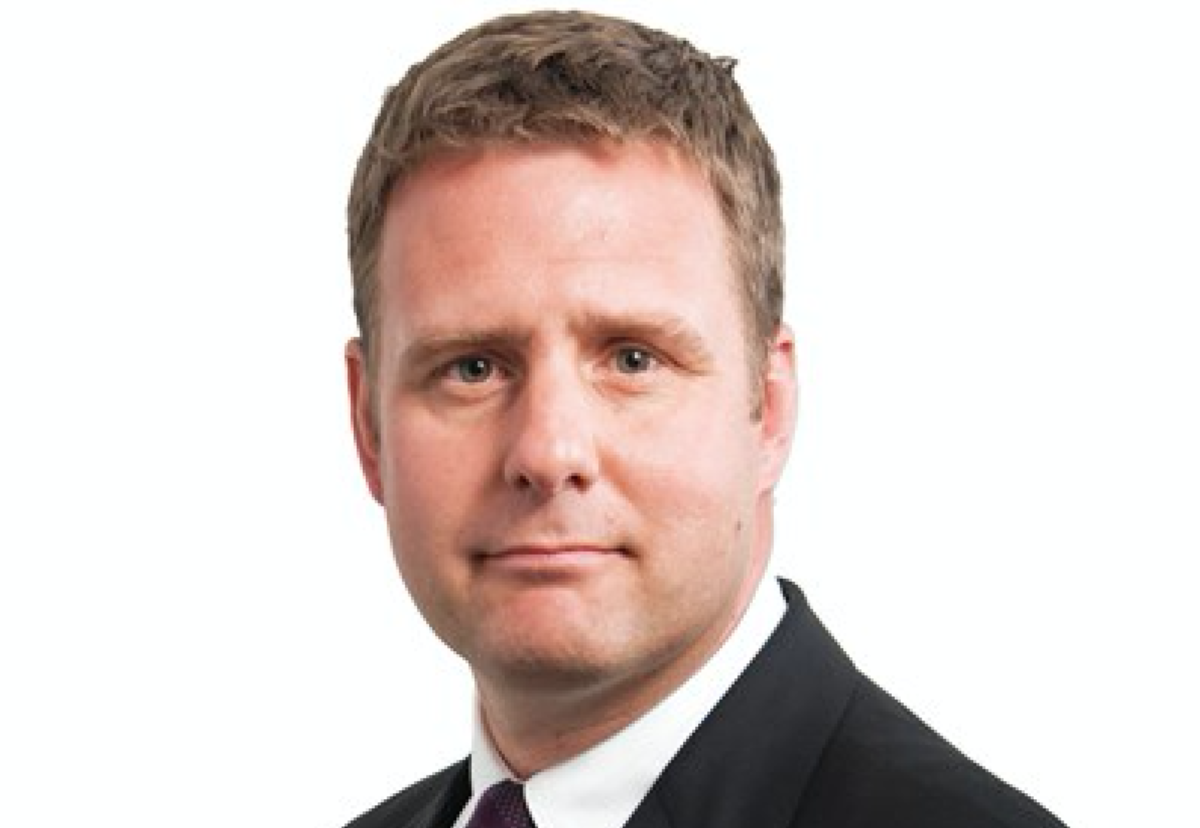Latest results show the firm crashed to a £190m loss after writing off £208m on its highways contract with Birmingham City Council following a long-running payment dispute over quality of works.
Without this project, the business managed to deliver a £36m operating profit from revenue stable at £2.2bn.
The operating profit was almost entirely down to £65m profits from the rail and consulting division.
Highways, utilities and environmental services divisions suffered losses of £14m, £23m and £15m respectively, not including the Birmingham contract hit.
Amey’s restructured FM division, which also now covers defence and justice work, was the only other division in the black delivering a £16m profit.
Andy Milner, Amey chief executive, said that the group’s balance sheet had been strengthened by a £200m Ferrovial parent company loan.
He said: “Throughout the year, we continued to reduce our exposure to risk across the business by negotiating an early exit to a number of loss-making contracts in facilities management, highways, utilities and environmental services.”
A new central business function now supports and challenges the business units on cost control and efficiency, as a programme to simplify and rationalise processes gets underway.
This ‘back to basics’ strategy aims to create full visibility for cost revenue, along with more effective frontline operation systems, he said.
“This deliberate programme combined with business turnaround activity has substantially increased the stability and predictability of the business,” added Milner.
He also revealed fresh measures by Amey to help its supply chain.
Last year it paid £1.7bn to its supply chain of 6,900 firms of varying sizes and expertise.
Milner said: “We are taking a number of steps to improve processes including paying invoices up to £10,000 on a weekly basis, which will help hundreds of small businesses to operate in an industry characterised by high costs.”





































.gif)




















